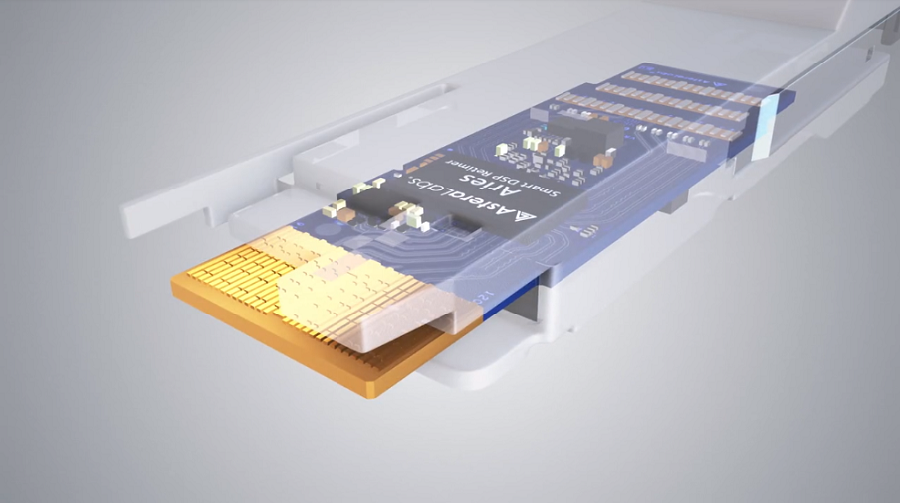 INFRA
INFRA
 INFRA
INFRA
 INFRA
INFRA
Astera Labs Inc., a maker of networking and memory management chips for cloud providers, today detailed the terms of its initial public offering.
The company originally filed its IPO paperwork last month. At the time, Astera disclosed that it plans to list on the Nasdaq but didn’t share key financial details such as its fundraising target.
The company, which counts all the major cloud providers as customers, intends to sell about 14.8 million shares for $27 to $30 apiece. Astera’s investors will make an additional 3 million shares available for purchase. Added up, the IPO could fetch as much as $540 million and value Astera at up to $4.5 billion.
The amount of capital the offering will raise could be higher if the IPO underwriters decide to participate. According to Astera, the banks it hired to manage its stock market listing have the option to purchase 2.67 million shares at the IPO price. Those shares could be worth up to $80 million, not including underwriter discounts and commissions.
Santa Clara, California-based Astera sells data center chips that are widely used among cloud providers. Its products lend themselves to, among other tasks, powering artificial intelligence infrastructure, which has helped boost the company’s revenue in recent quarters. Astera’s sales jumped 44.9% year-over-year in 2023, to $115.8 million, while its losses shrank by more than half, to $26.3 million.
Most of the chips the company sells are organized into two product lines called Aries and Taurus. They help extend the range of the copper cables that link together the processors, memory modules and other key components in a server rack. Longer cables give engineers more flexibility in how they can design data center equipment, which creates opportunities to increase hardware efficiency.
Astera’s third product line is a collection of memory management chips called Leo. The chips, which debuted in 2022, are designed to overcome a data center performance bottleneck known as the memory wall.
A central processing unit’s speed heavily depends on how much data it can retrieve from RAM. If a CPU is capable of crunching 500 megabytes of data per second, but can only retrieve 200 megabytes per second from RAM, its processing capacity won’t be fully utilized. This so-called memory wall has emerged as a major performance bottleneck in data centers.
Astera’s Leo chips address the issue by increasing the amount of data that can flow between RAM modules and CPUs. According to the company, its silicon provides the ability to transfer data at a rate of up to 89.6 gigabits per second. Furthermore, Astera says that its chips make it easier to keep servers cool and troubleshoot technical issues.
The company raised more than $230 million in funding before filing to go public last month. Its two largest shareholders are Fidelity Management & Research and Sutter Hill Ventures, which have a combined stake of more than 20%. The chipmaker’s investor roster also includes Intel Capital, which participated in its most recent $150 million funding round two years ago.
Astera plans to list its shares on Nasdaq Global Select Market under the ticker symbol “ALAB.”
Support our mission to keep content open and free by engaging with theCUBE community. Join theCUBE’s Alumni Trust Network, where technology leaders connect, share intelligence and create opportunities.
Founded by tech visionaries John Furrier and Dave Vellante, SiliconANGLE Media has built a dynamic ecosystem of industry-leading digital media brands that reach 15+ million elite tech professionals. Our new proprietary theCUBE AI Video Cloud is breaking ground in audience interaction, leveraging theCUBEai.com neural network to help technology companies make data-driven decisions and stay at the forefront of industry conversations.